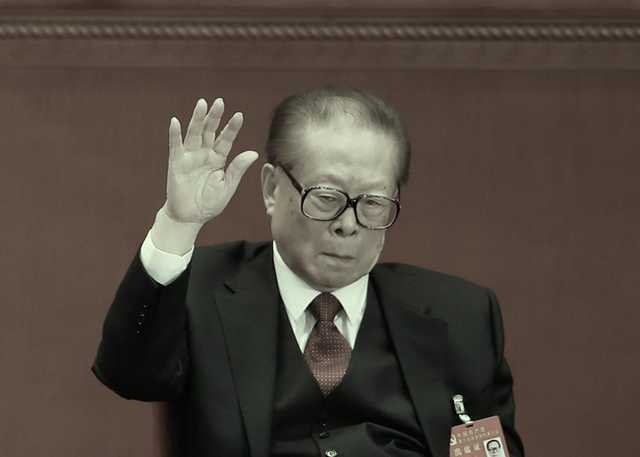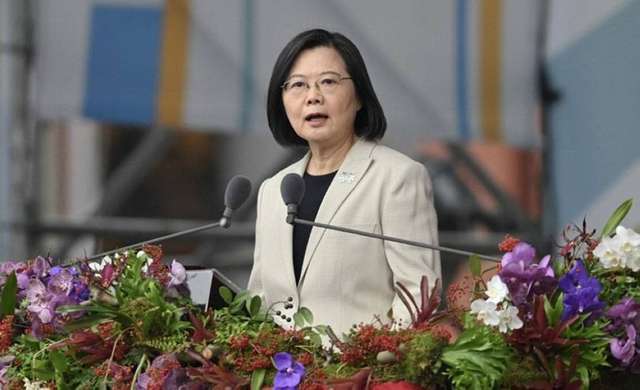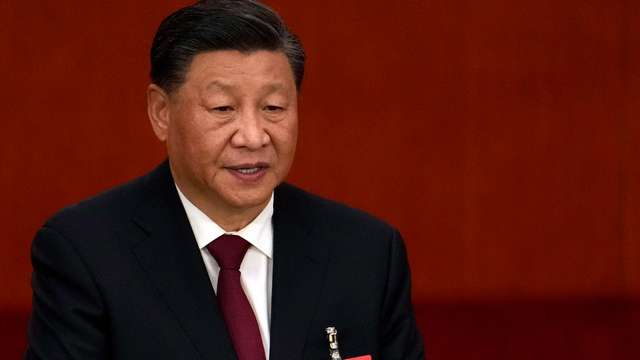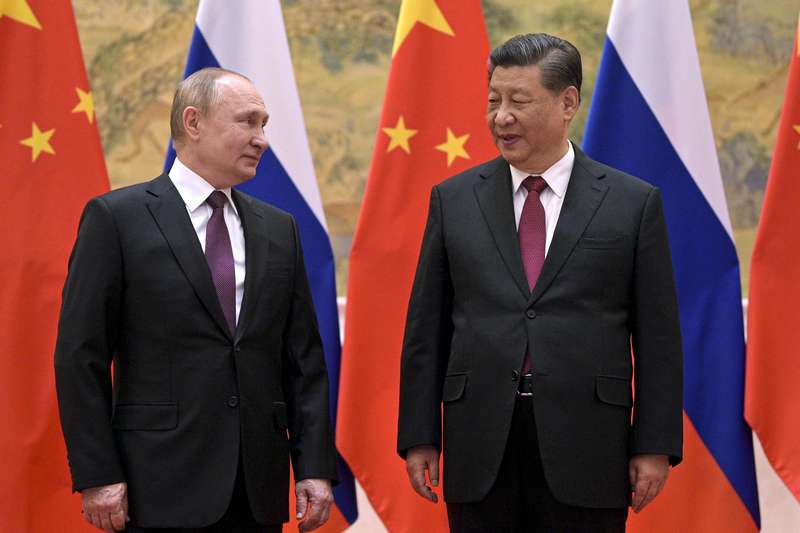
A former president of China, Jiang Zemin, has died at the age of 96. According to the Chinese state media Xinhua News Agency, the former leader died on Wednesday, November 30 at exactly 12:13 PM local time from leukaemia and multiple organ failure.
Jiang was the president of China from 1993 to 2003. He is regarded by many as the man that placed China in a competitive position with the rest of the world and on the path of modernisation.
“Comrade Jiang Zemin’s death is an incalculable loss to our Party and our military and our people of all ethnic groups,” a letter released by the Chinese Communist Party reads.
The letter described Jiang as an “outstanding leader with a lofty reputation” that led China past a time of “massive difficulties and pressure.” He also propelled the country toward market and military modernisation. “At critical moments, he had the exceptional courage to make resolute decisions,” the statement added.
While many in China consider him a hero, others see him as a figure of fun. For others, he was one Chinese leader that managed to balance domestic dealings with the relationship with America, the UK, and the rest of the West. For many Western leaders, Jiang was a different Chinese leader who appreciated the good things from the other side. He is arguably the only leader of the Communist party to quote the words of Lincoln, sing romantic songs like “Love Me Tender” by Elvis Presley and openly expressed his admiration for Hollywood movies.
Early life and rise to power
Jiang was born on August 17 1926, in the town of Yangzhou, located in the province of Jiangsu in eastern China. He became a member of the Communist Party at 21 while studying electrical engineering in college.
His poor background and origin could have been an issue for him, but Jiang evaded whatever future obstacle by travelling abroad to Moscow, where he was trained at a Soviet car factory. He later moved to Romania, where he served as a diplomat.
In the early 1980s, Jiang became the minister of the Electronics industry in Shanghai and later a party chief, his first shot at public service in his homeland China.
Jiang became the Mayor of Shanghai in 1985. His time as Mayor was not free of criticism, as some named him a “flower pot”, which was a term used to describe someone who appears useful but gets nothing done.
In the late 1980s, there was a growing call for democracy in China. One man that stood against such demonstrations was Jiang. His actions helped to curb the growing tensions temporarily until the prominent Tiananmen protests, which led to one of the most brutal crackdowns of demonstrations in history.
During the 13th National Congress of the Communist Party in 1987, Jiang was made secretary of the party, which was the most powerful position in Shanghai. He reports directly to the government in Beijing.
Following the Tiananmen massacre in 1989, Jiang was elevated to the position of president. The party’s leaders felt he was in the best position to manage the country’s multiple challenges until the country gets a permanent leader. He officially became president in 1993, and for the next ten years, he was in charge of one of the world’s biggest economies.
“When Jiang Zemin first came to power, he didn’t have his own power and needed to rely on the elders,” Yang Jisheng, a Chinese historian, said. “The elders were divided, and Jiang Zemin was trying to please both sides, but he ended up displeasing Deng Xiaoping.”
As time goes on, Jiang gained so much power and singlehandedly sold China to the rest of the world.
Jiang’s legacies
Jiang took over the leadership of China at a time when the western powers distanced themselves from the country over the incident of Tiananmen Square. He was faced with the challenge of making China attractive to the rest of the world. He did just so and formed a good relationship with the United States and the United Kingdom. He successfully integrated China into the international community.
Under Jiang’s leadership, China regained control of Hong Kong and successfully won a bid to host the 2008 Olympics. Of all his multiple achievements, one that stands out was his success in ensuring that China became a part of the World Trade Organization (WTO).
Lawrence Kuhn, the author of Jiang Zemin’s biography, wrote: “That was probably the key catalyst to the great growth spurts of double-digit growth for a decade or more – because of that integration.”
“In terms of the economic trajectory that was set, it’s absolutely clear to me it was established during that time, and it became irreversible toward the end of his term to hold office,” Kuhn added.
The biography is titled: “The Man Who Changed China: The Life and Legacy of Jiang Zemin.”
A life not free of controversies
While many would argue that Jiang was a good man who meant well for the country, others saw him as a brutal leader and at other times, a threat to democracy who exercised absolute power and did everything to remain in his position.
In the late 1990s, the Falun Gong religious sect became a threat to the Communist Party. Jiang’s crackdown on the group was one of his shortcomings during his 10-year rule. To date, many still criticise him for his action against the sect.
After the massacre in Tiananmen Square, many saw Jiang’s assumption of the leadership position as a direct blockage to the country’s quest to operate a democracy. For that reason, pro-democracy activists in the country see him as a part of the status quo, and there is no major difference between him and other leaders.
One citizen said he was neither happy nor sad to hear of Jiang’s death. “As a politician, he was complicated, multi-faceted, and contradictory. It will be history that evaluates his rights and wrongs,” he said.
Jiang died at a time when most Chinese people are demonstrating against the government’s tough handling of the Covid 19 pandemic. The protest is the closest to the 1989 pro-democracy demonstration. To many protesters, if Jiang was the country’s president, he would rather open up the country than close it down. While his time as leader was not perfect, the majority of the Chinese people and the world have very few things to hold against him. Unfortunately, very few world leaders have sent their condolences as of the time of this report.
The Chinese government said he would be buried the Chinese way, and world leaders would not be invited to his funeral.





0 Comments